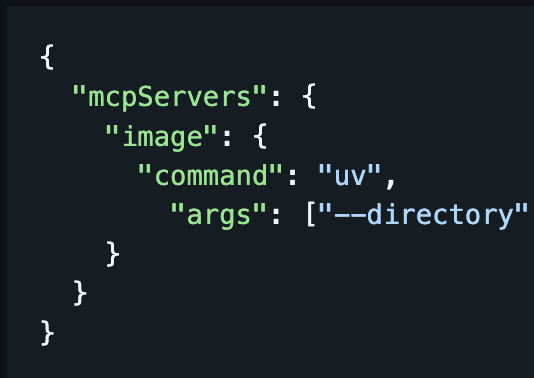AI-Powered Virtual Assistants in Customer Support: Beyond Chatbots
The landscape of customer support is evolving rapidly, with AI-powered virtual assistants leading the charge. While chatbots have already made a significant impact, the next generation of AI virtual assistants promises even greater advancements. These sophisticated systems are designed to handle more complex tasks, provide more personalized interactions, and integrate seamlessly with various platforms to deliver a holistic customer experience.
Advanced Capabilities
AI-powered virtual assistants go beyond the basic functionalities of traditional chatbots. They utilize natural language processing (NLP) and machine learning to understand context, interpret customer intent, and provide more accurate and relevant responses. This enables them to handle a wider range of inquiries, from simple FAQs to more intricate problem-solving scenarios.
For instance, virtual assistants can assist customers with troubleshooting technical issues, navigating complex product features, and even making purchasing decisions based on personalized recommendations. By leveraging data from previous interactions, these assistants can offer tailored suggestions and solutions, enhancing the overall customer experience.
Seamless Integration
One of the key advantages of AI-powered virtual assistants is their ability to integrate with multiple channels and systems. Whether it’s a website, mobile app, social media platform, or even a voice-activated device, these assistants provide consistent and coherent support across all touchpoints. This omnichannel presence ensures that customers receive uninterrupted service, regardless of how they choose to interact with a brand.
Moreover, integration with CRM systems, inventory databases, and other backend tools allows virtual assistants to access real-time information, making interactions more efficient and effective. For example, a virtual assistant can instantly check product availability, track order status, or retrieve account details, providing customers with immediate and accurate information.
Personalized Interactions
Personalization is a crucial aspect of modern customer support, and AI-powered virtual assistants excel in this area. By analyzing customer data and interaction history, these assistants can anticipate needs and preferences, offering a more personalized and engaging experience. They can remember past interactions, recognize returning customers, and tailor responses to align with individual preferences.
This level of personalization extends to proactive support as well. AI virtual assistants can reach out to customers with relevant updates, reminders, and offers based on their behavior and preferences. For instance, they can notify customers about upcoming renewals, suggest complementary products, or offer exclusive discounts, fostering a stronger customer relationship.
Enhanced Efficiency
AI-powered virtual assistants significantly enhance operational efficiency by automating repetitive and time-consuming tasks. This not only reduces the workload for human agents but also ensures that customers receive prompt and accurate responses. Virtual assistants can handle high volumes of inquiries simultaneously, minimizing wait times and improving overall service levels.
Furthermore, by resolving routine issues autonomously, virtual assistants free up human agents to focus on more complex and value-added tasks. This collaboration between AI and human agents leads to a more productive and effective customer support team.
Future Prospects
The future of AI-powered virtual assistants in customer support looks promising, with continuous advancements in AI technologies driving further improvements. Enhanced natural language understanding, better contextual awareness, and more sophisticated machine learning algorithms will enable virtual assistants to offer even more nuanced and intelligent support.
As businesses continue to embrace digital transformation, AI-powered virtual assistants will play an increasingly vital role in delivering exceptional customer experiences. By going beyond traditional chatbots and harnessing the full potential of AI, these virtual assistants are set to redefine the standards of customer support.



